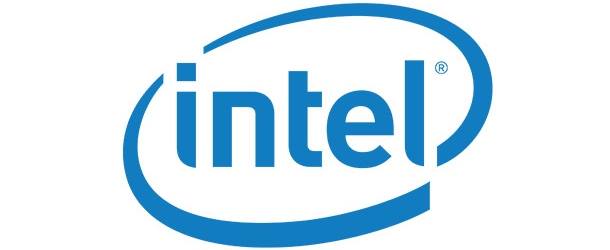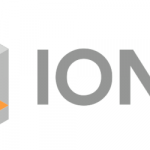Intel taking three-pronged approach to data security crisis posed by quantum computers

(HPCWire) Agam Shah reported on a recent presentation about the need to protect data protected from quantum computers by the chief technology officer and general manager of Intel’s Software and Advanced Technology Group, Greg Lavendar. IQT-News summarizes.
Technologies available today are enough to secure data like credit cards and social security numbers, but it’s time to recognize that the data needs to protected from quantum computers, which could crack advanced encryption in mere seconds, said Greg Lavender. At risk is public key cryptography, which serves as the foundation for online transactions, which could be easily compromised by quantum computers. Attackers will have the ability to break public key cryptography as quantum systems reach a certain scale and number of qubits.
“Public key crypto is expected to be completely broken due to Shor’s algorithm, and current crypto algorithms will need to be replaced with a new class of quantum resistant algorithms,” Lavender said.
The quantum computer makers are looking to standardize on the crypto-resistant algorithms through agencies like National Institute of Standards and Technology.
“They’re all going through a sort of bake off and slowly winnowing the list down to a smaller subset,” Lavender said.
Conventional algorithms like Grover’s and Shor’s, which have been around for decades, are widely used for quantum computing, with the math well established and provable speed ups. The goal is not to uproot these algorithms, but to investigate multiple approaches, such as taking a hybrid approach that mixes in classical algorithms and quantum approaches.
The companies have set a timeline to put out viable quantum-resistant algorithms by 2030, which Lavender dubbed as “Y2Q,” playing off the Y2K crisis.
“While it’s hard to predict the exact timeline, as quantum technology continues to evolve, post-quantum experts are anticipating a moment in the next 8 to 10-plus years, where we as an industry will reach a similar situation as we saw with the infamous Y2K millennium bug,” Lavender said.
Intel is taking a three-pronged approach to address these threats posed by the quantum adversary.
1 The company is addressing the harvesting of encrypted data by increasing key sizes of cryptographic algorithms, both symmetric and asymmetric. One approach is to replace AES 128-bit with AES 256-bit, which provides more protection.
2 Another approach is to increase the robustness of code-signing applications such as authentication of firmware and software with quantum resistant algorithms, which helps guard against attacks.
3 Finally, Intel is also working to secure the internet by replacing classical public key crypto algorithms with standardized post quantum crypto algorithms, which includes key encapsulation and digital signature algorithms used in applications that are fundamental to security of transactions on the internet.
Sandra K. Helsel, Ph.D. has been researching and reporting on frontier technologies since 1990. She has her Ph.D. from the University of Arizona.

























